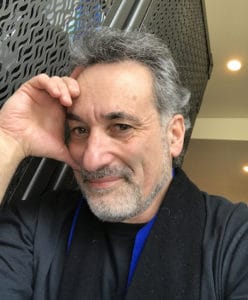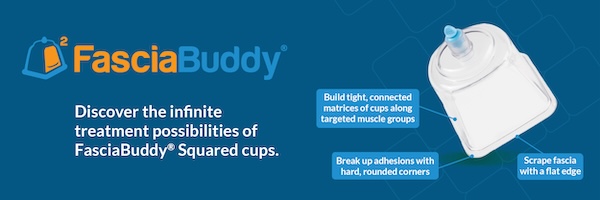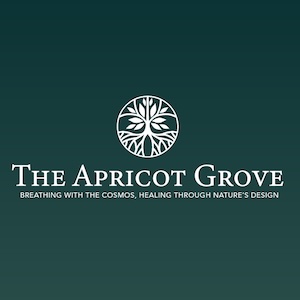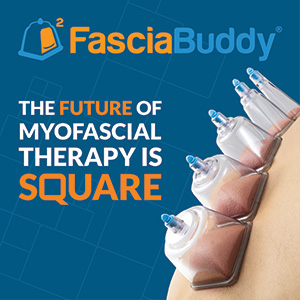We venerate the masters, hold them up as shining examples of what we would like to be one some day, but let’s be honest here— most of us will never be masters. Those rarified characters are few and far between. And the process it takes is not one most of us would willing sign up for. We do however have a good shot at being a fine journeyman or journeywoman
Why it’s hard to become a master? Master’s are usually forged in troublesome fires. They may be living through a time of war and disease and their medicine comes through the crucible of deep suffering. Perhaps they’ve gone through a terrible illness or accident of their own. Or they are acutely sensitive in ways that make every life difficult.
The journey we take with practicing medicine is not to become like one of the masters we idolize, but to become the practitioner with our particular slant on the medicine that is our’s to become.
This episode is a discussion of inquiry over time. The discovery’s that come not from understanding a book, but rather from the drip, drip, drip of experience from our clinical work that over time teaches us to focus in a particular way. A process that does not guarantee, but rather sets us up, so that one day we read something in the old books and get it. Get it not with so much with our minds, but rather our heart and being. Because it is something that we have grown into. And so we can better understand the writing of others who have also grown into their experience.
Listen in for a discussion how to become a good journeywoman or journeyman.
In This Conversation We Discuss:
- The streams of tradition scholar-doctor and of modern integrative medicine
- What to do when you know you don’t know
- Knowing when there is a moment of graceful connection, when an opportunity has ripened
- It seems like there is more to this medicine than protocols
- Don’t get distracted by the symptoms, and don’t ignore them either
- Grounding the work in palpatory experience
- Approaching the six levels through palpation
- A curious finding with the ren-ying cun-kuo pulse and six levels
- A case study of severe anxiety and depression
- Leaps of faith
- How do you get from nothing to something?
- The archetypical aspects of the six levels
- Using palpation to access which of the six confirmation to treat
- How do you know if you have been helpful when people just stop coming for treatment
- The importance of attentive inquiry
 Daniel Schulman
Daniel Schulman
I graduated from acupuncture school in 1999. My first week in practice I realised three terrifying things;
1. Anything can be anything (in other words, dysfunction in just about any channel or channel combination could be underlying just about any symptom)
2. Most of my patients exhibited no less than 12 ‘patterns’ and often more
3. At any moment in the clinical encounter, there were 10,000 things happening and at my utmost level of awareness and presence, I could become aware of at most 30-40 of them
Noise and ignorance! Immediate existential despair in the clinic! What do I hang my hat on? I could just needle Liver 3, Large Intestine 4, Spleen 6 on everyone. Surely there is more to this than that. I had just completed a full year of study and apprenticeship in the Kiiko Matsumoto/Nagano system. I am forever grateful for this gift. Thank you Kiiko! That gave me a solid palpatory basis on which to depend. And so I did. In the ensuing 20 years, I have reinforced that palpation-focused system with Nei Jing studies, the works of Wang Ju Yi and many other influences.
I now practice what I would call a ‘shoot first, ask questions later’ style of acupuncture. When a new patient arrives in my clinic, after no more than 5 minutes talking, I have them on the table, palpating them from their toes to their nose. Only after palpating and sometimes only after observing their initial treatment response, do I begin to ask questions more deeply and assemble ideas around what system dysfunctions are likely to be in play.
I have found this to be a tremendously rewarding approach that continues to grow, deepen and evolve in my clinical practice. Most recently in my clinic, a clear resonance between the six conformations and palpation findings has emerged – and I find it places me reliably and effectively well below the level of the ten thousand things, the symptoms, the veneer of things – at a level of complexity integration where I am finding Acupuncture seems to really shine. In this ‘reverse-engineered’ palpate-first-ask-questions-later process, most patients who come to my clinic appreciate almost instantly that I am paying attention to them in a very different way; that we are partnered in a very dynamic mutually engaging process. I almost never have a boring day in clinic – even after 20 years.
Links and Resources:
Daniel is a writer in addition to being an acupuncturist, give this a read!














